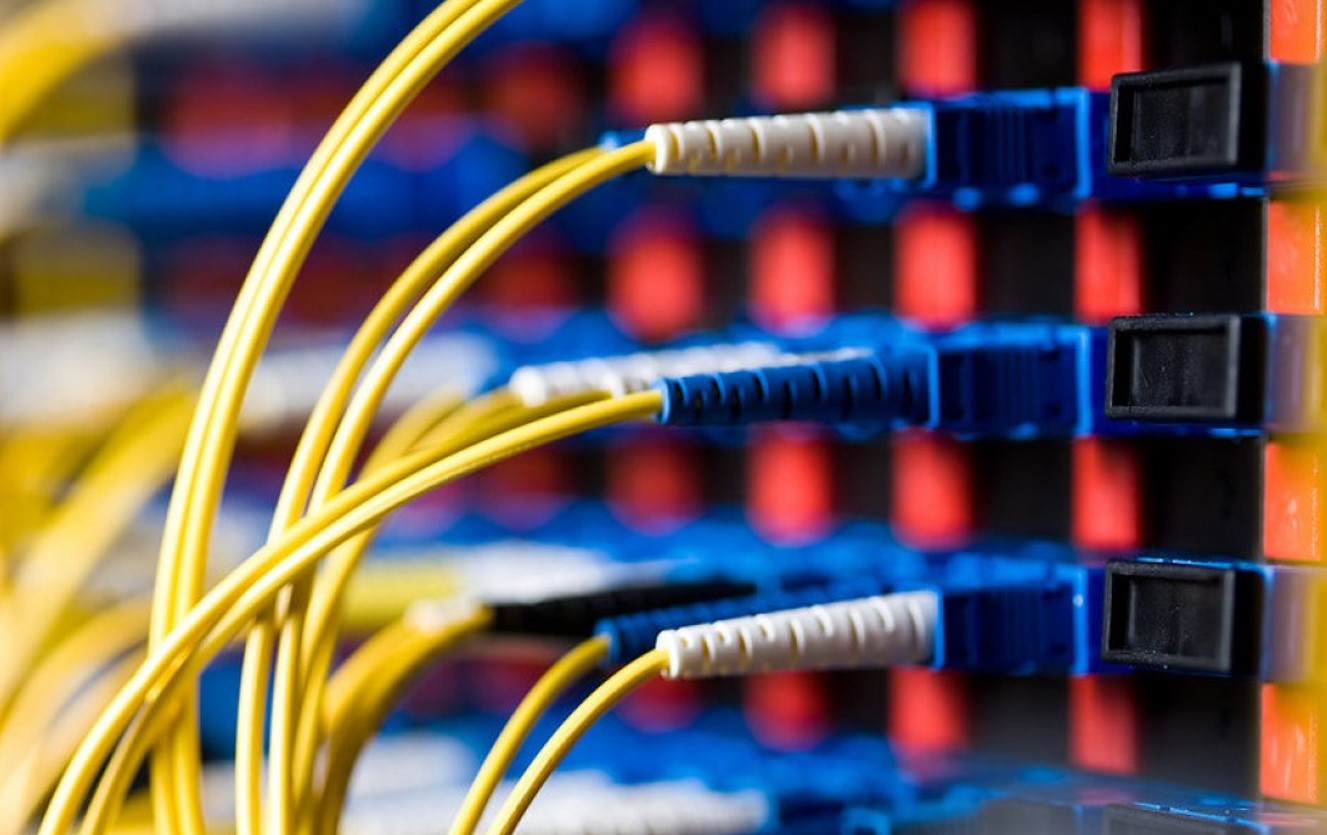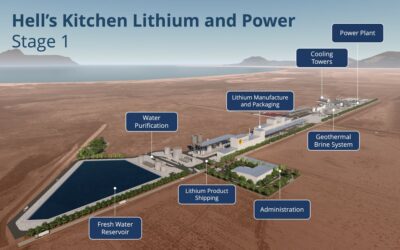Governor Gavin Newsom signed legislation on July 20 to advance the state’s commitment to bridging the digital divide by increasing equitable, affordable access to high-speed internet service across California. Through a $6 billion multi-year investment, more Californians will be able to access broadband coverage with the construction of a state-owned open access middle mile network and last mile projects that connect unserved households and businesses with local networks.
“As we work to build California back stronger than before, the state is committed to addressing the challenges laid bare by the pandemic, including the digital divide holding back too many communities in a state renowned for its pioneering technology and innovation economy,” said Governor Newsom. “This $6 billion investment will make broadband more accessible than ever before, expanding opportunity across the spectrum for students, families and businesses – from enhanced educational supports to job opportunities to health care and other essential services. I thank the Legislature for its partnership on this critically important step to ensuring that California’s economic recovery will leave no part of our state behind.”
Much of the money will fund increased connectivity for rural communities, like the eastern Coachella Valley, with little to no network access and public spaces like schools and libraries with less access to high-bandwidth internet. The historic legislation, SB 156, includes:
- $3.25 billion to build, operate and maintain an open access, state-owned middle mile network – high-capacity fiber lines that carry large amounts of data at higher speeds over longer distances between local networks.
- $2 billion to set up last-mile broadband connections that will connect homes and businesses with local networks. The legislation expedites project deployment and enables Tribes and local governments to access this funding.
- $750 million for a loan loss reserve fund to bolster the ability of local governments and nonprofits to secure financing for broadband infrastructure.
- Creation of a broadband czar position at the California Department of Technology, and a broadband advisory committee with representatives from across state government and members appointed by the Legislature.
Last year, the state mobilized companies, business leaders and philanthropists through public-private partnerships to facilitate distance learning at school districts in need across the state. The effort helped connect students lacking high-speed internet or an appropriate computing device at home with donated mobile hotspots, laptops, Chromebooks, tablets and other devices. The new legislation takes a comprehensive and long-term approach to tackling the broadband infrastructure deficiencies still impacting rural and low-income communities, bringing the state closer to achieving affordable, high-speed broadband internet service for all communities.
The bill passed with bipartisan support in the Assembly and Senate, with many legislators emphasizing how COVID-19 lockdowns revealed vast disparities in internet access throughout the state.
“We have been calling for California to go big, with big investments in broadband expansion, and this historic $6 billion budget bill will go a long way in getting us back on track in this digital age and ensuring equitable internet access for underserved areas like those in our district. Careful deliberation and attention went into balancing this deal to represent the needs of diverse areas of our state. Significantly, we made sure that this bill included resources for our rural hard to service areas and tribal communities,” said Assemblymember Eduardo Garcia (D-Coachella).
In regard to securing a share of the funding for Greater Palm Springs, Garcia added, “We have been working on expanding broadband infrastructure in our rural, underserved community for years, and when this pandemic hit, it served as a big wake-up call across California putting our digital divide in stark focus. This game-changing broadband investment will open up access to educational and economic opportunities while allowing for greater health and safety, but we cannot stop here. We have to deliver these critical resources home to our district and build on this solid funding foundation to continue addressing deep-set internet infrastructure disparities beyond this three-year investment.”
Garcia, who serves on the California Department of Education’s Closing the Digital Divide Task Force, has been a steadfast champion of legislative efforts to bridge the digital divide. In 2017, he passed AB 1665, the Internet for All Now Act, which made improvements and extended $300 million into the California Advanced Services Fund for broadband infrastructure projects.




